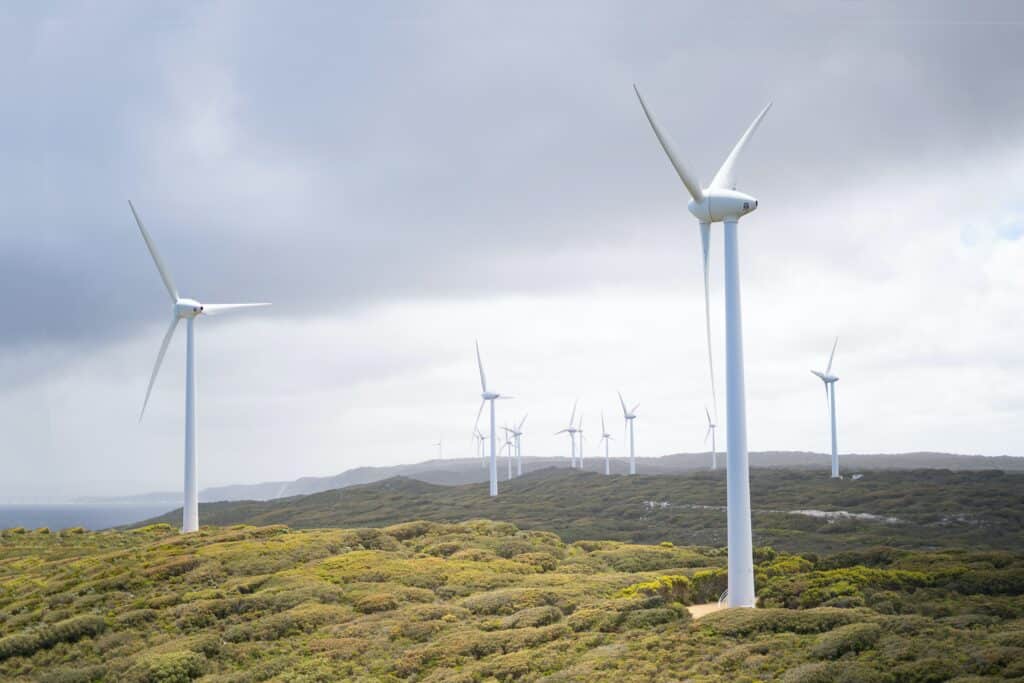Stephen Batstone

Review of third-party access pricing to SA Water’s water infrastructure services
The emissions footprint of broadband in New Zealand

This paper provides a first assessment of the emissions footprint of the current New Zealand fibre network, with a focus on internet provision to households and small to medium-sized businesses.
Infrastructure consenting for climate targets

This research models the impact on New Zealand’s emissions reduction targets if the current resource consenting system continues to delay decisions on infrastructure project consenting.
Matthew Williamson

Melissa Skilbeck

Dr Richard Tooth

Better measurement of the direct and indirect costs and benefits of resilience
Sapere was engaged by Waka Kotahi NZ Transport Agency, to undertake research to identify and develop critical techniques and methods that can be used to value and monetise the costs and benefits of resilience in transport infrastructure, described in a way that can be incorporated into the Economic Evaluation Manual (EEM).
The resulting research paper aims to contribute to Waka Kotahi by:
• developing and testing methodologies to better measure the direct and indirect costs and benefits of resilience
• identifying key factors, variables and matters that should be considered in the (ex-ante) cost–benefit analysis (CBA)
• providing guidance on how these key factors, variables and matters can be obtained, valued and monetised.
The cost of consenting infrastructure projects in New Zealand
Sapere was asked by the Infrastructure Commission / Te Waihanga to quantify and evaluate the costs, including in relation to time, and risks of consenting infrastructure in New Zealand.
This report provides a detailed picture of the costs that infrastructure developers face when seeking to consent new projects and outlines some issues with the current regulatory framework.
Matt Balmford
